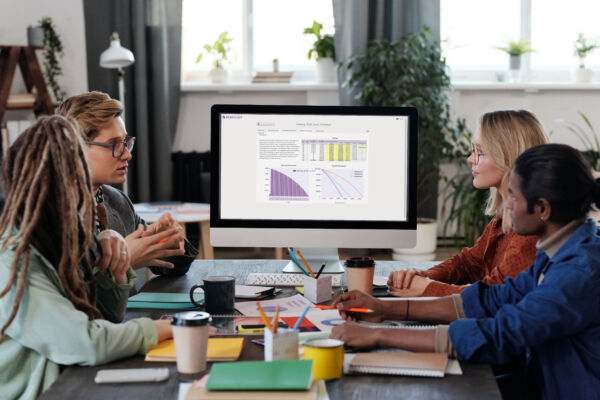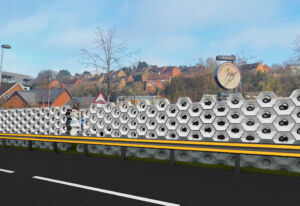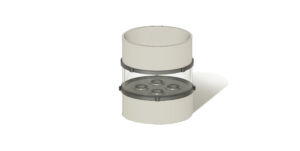
|
|
# 2023 Renescout |
|
Renescout is a software platform designed to expedite energy prospect evaluation, catering to both established and emerging players in the renewable energy sector. Traditional evaluations, costly and time-consuming, can take up to 18 months and $3 million in investments. Renescout revolutionises this with AI, data mining, and remote sensing, efficiently assessing prospects like geothermal hotspots and lithium deposits. Using satellite imagery, diverse data sourcing, and quick economic modelling, Renescout delivers faster decisions, bypassing the hefty expenses of traditional methods.







Revolutionising biomass production by turning noise into growth

Bio-based polyurethanes to replace harmful petrol-plastics

Mycelium blocks for temporary architecture solutions and prototyping

Universidad Autónoma de Nuevo León
Bioengineering solution to detect and degrade air pollution